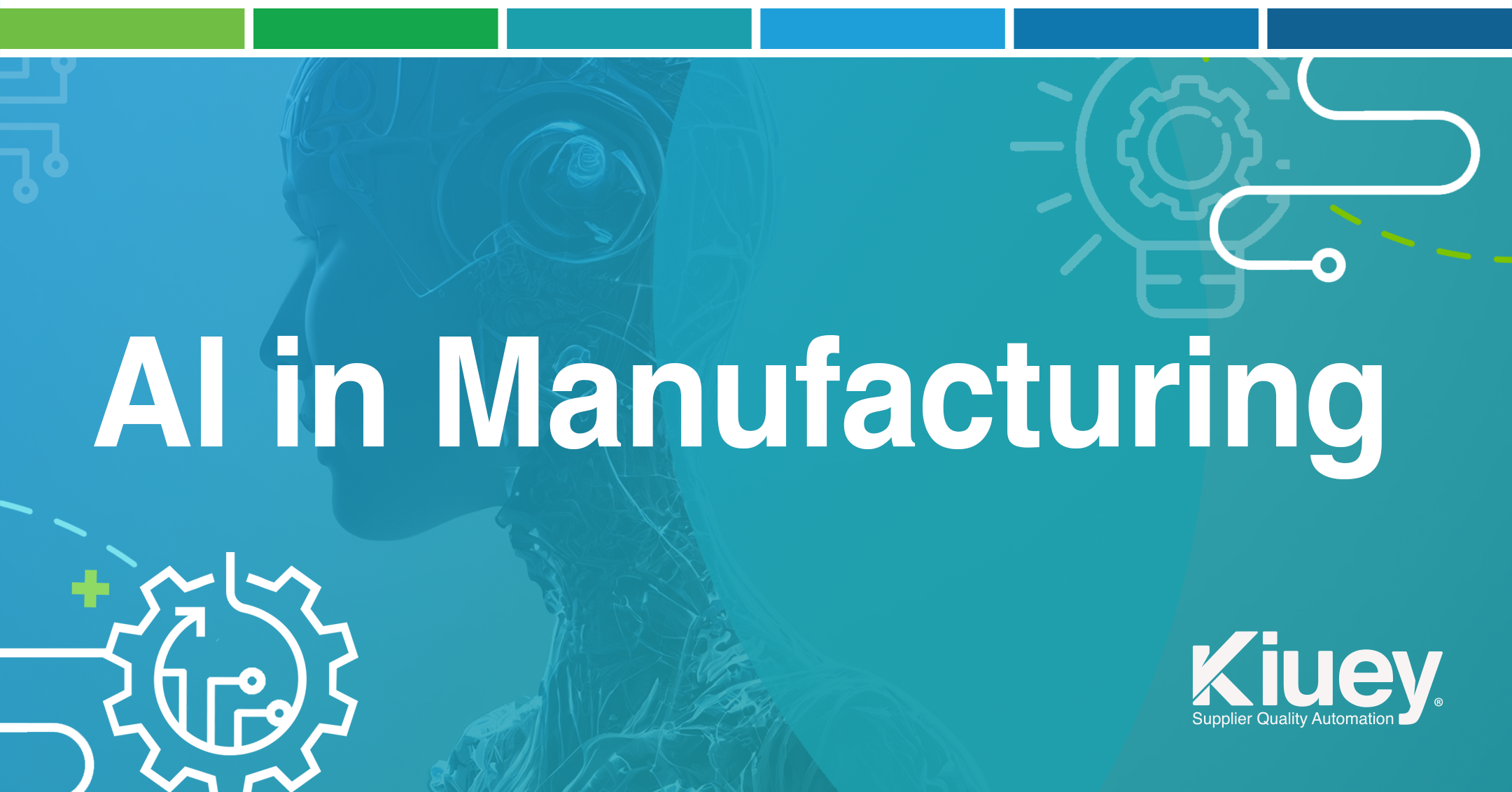
Manufacturing is undergoing a seismic shift. No longer are factories solely reliant on human labor and traditional methods. AI is rapidly transforming the industry, ushering in an era of “smart manufacturing” defined by efficiency, precision, and data-driven decision making.
This revolution is fueled by the vast amount of data generated in manufacturing. From sensor readings on machinery to production line outputs, the data provides a treasure trove of insights. However, analyzing this data manually is a monumental task.
AI in manufacturing, the key to unlocking valuable patterns and optimizing processes.
Many manufacturers are already embracing AI’s transformative power. A recent VentureBeat survey found that over a quarter of organizations are leveraging generative AI to enhance decision-making, while a Deloitte study confirms manufacturing as the data generation leader.
This trend towards AI in manufacturing adoption is only accelerating, with 66% of AI-integrated manufacturers reporting a growing dependence on this technology.
The benefits of AI in manufacturing are far-reaching. Predictive maintenance, powered by AI, analyzes equipment data to anticipate potential failures, minimizing downtime and optimizing maintenance schedules. Supply chains are streamlined with AI-powered machine learning that forecasts demand, manages inventory, and simplifies logistics.
On the production line, AI-equipped robots are increasing automation, boosting both accuracy and speed while adapting to fluctuating production demands. Quality control takes a leap forward with AI, with systems that meticulously identify flaws and ensure product consistency. Additionally, AI facilitates real-time process monitoring in smart factories, enabling immediate adjustments for maximized efficiency and minimized waste.
One specific example comes from a PwC study on Reinforcement Learning, a type of AI. This technology optimizes electronic device production through dynamic adjustments to machine parameters.
This continuous learning and adaptation translates to maximized output, minimal defects, and efficient resource utilization – a recipe for heightened profitability and a competitive edge. The impact of AI on manufacturing extends beyond just efficiency gains. It fosters innovation, cuts costs, and elevates overall operational performance.
This is the dawn of a new era in manufacturing, where human ingenuity and machine intelligence converge to create a future of smarter, more efficient production.
Subscribe to our newsletter.
Your go-to destination for insights, best practices, and innovative solutions in supplier quality assurance.Recent Posts
AI + Calibration: Towards a standard digital calibration certificate
October 21, 2024
Project Management Basics for Supplier Quality Engineers
October 19, 2024
IMDS: A strategic tool for supplier quality engineers
October 16, 2024
ABC on ISO/IEC 17025 Calibration Certificates
October 14, 2024
Tags
Let's talk to see how PPAP Manager can help your company to save time and money.






